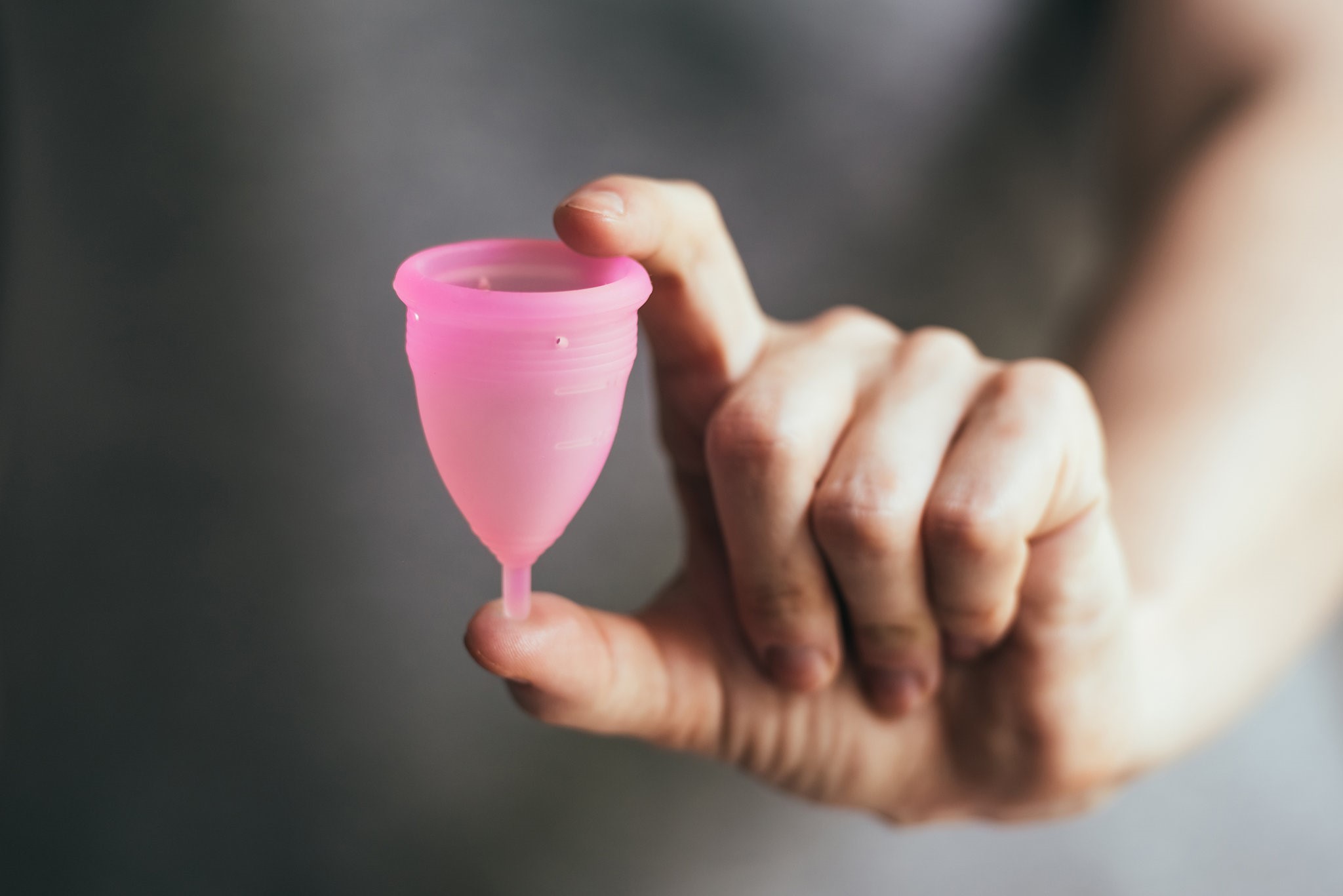
Ever wondered why May 28th marks a significant spot on the calendar for global health and gender equality? Menstrual Hygiene Day shines a spotlight on the importance of good menstrual hygiene management. This day isn't just a date; it's a movement towards breaking taboos and raising awareness about the challenges women and girls face due to menstruation. Why May 28, you ask? Well, the date has a clever symbolism: May, being the fifth month, represents the average number of days a period lasts, while 28 days is the typical length of the menstrual cycle. So, let's dive into the world of menstrual hygiene, debunk myths, and celebrate the strides made towards menstrual equity. Ready to get enlightened about this vital day?
Key Takeaways:
- Menstrual Hygiene Day, on May 28th, raises awareness about the challenges women and girls face due to menstruation. It promotes access to products, education, and breaking stigmas.
- Menstrual Hygiene Day aims to break the silence around menstruation, promote open dialogue, and advocate for fair treatment and access to menstrual products and facilities.
What is Menstrual Hygiene Day?
Menstrual Hygiene Day, observed on May 28th, aims to break taboos and raise awareness about the importance of good menstrual hygiene management worldwide. Initiated by a German-based NGO, WASH United in 2014, this day highlights the challenges women and girls face due to menstruation and promotes access to menstrual products, education, and the breaking of stigmas surrounding menstruation.
Why May 28th?
- May 28th was strategically chosen for Menstrual Hygiene Day because May is the 5th month of the year, representing the average of 5 days that a woman or girl spends menstruating each month. Additionally, the 28th reflects the average menstrual cycle length of 28 days. This symbolism makes the date easy to remember and emphasizes the natural aspect of the menstrual cycle.
Global Impact of Menstrual Hygiene Management
-
Lack of proper menstrual hygiene management affects millions of women and girls worldwide, limiting their mobility, health, and education. In some cultures, menstruating women face exclusion from public spaces or activities, impacting their social and economic participation.
-
Studies show that in certain countries, girls miss up to 20% of their school year due to menstruation-related issues. This absence from school due to inadequate menstrual hygiene facilities and materials contributes significantly to the gender gap in education.
Initiatives and Awareness
-
Menstrual Hygiene Day serves as a platform for non-profits, government agencies, the private sector, and individuals to promote menstrual hygiene practices. Through workshops, social media campaigns, and public demonstrations, they aim to educate communities about menstrual health and hygiene.
-
Innovative solutions, such as reusable sanitary pads and menstrual cups, are often highlighted on this day, offering sustainable and cost-effective alternatives to traditional menstrual products.
Breaking the Silence
-
One of the core objectives of Menstrual Hygiene Day is to break the silence around menstruation. By encouraging open conversations, the day helps to normalize menstruation and combat the stigma and myths that often surround it.
-
In many parts of the world, menstruation is still considered a taboo subject. Menstrual Hygiene Day challenges these societal norms by promoting a positive and open dialogue about menstrual health.
Menstrual Equity
-
Menstrual equity refers to the fair treatment of all individuals who menstruate, ensuring they have access to the necessary menstrual products, facilities, and information. Menstrual Hygiene Day advocates for policies that support menstrual equity, such as tax-free menstrual products and free distribution in schools and communities.
-
In recent years, there has been progress towards menstrual equity, with some countries eliminating taxes on menstrual products and others providing them for free in schools. These policy changes are a direct result of the advocacy and awareness raised by Menstrual Hygiene Day and its supporters.
Looking Forward
- As awareness grows, Menstrual Hygiene Day continues to push for global change, aiming for a world where all individuals can manage their menstruation in a hygienic way, without stigma or barriers. The day serves as a reminder of the ongoing fight for menstrual equity and the importance of maintaining momentum in this critical area of public health and human rights.
A Final Note on Menstrual Hygiene Awareness
Menstrual Hygiene Day shines a light on a crucial issue that affects millions around the globe. It's not just about marking a date on the calendar; it's a call to action for better education, access, and understanding of menstrual health. This day reminds us that menstruation is a natural process, not a taboo subject. By spreading knowledge and breaking down barriers, we can ensure that everyone who menstruates can do so with dignity. Let's keep the conversation going, not just on May 28th but every day. Together, we can make a significant difference in the lives of many. Remember, awareness leads to action, and action leads to change. Let's all be part of that change.
Frequently Asked Questions
Was this page helpful?
Our commitment to delivering trustworthy and engaging content is at the heart of what we do. Each fact on our site is contributed by real users like you, bringing a wealth of diverse insights and information. To ensure the highest standards of accuracy and reliability, our dedicated editors meticulously review each submission. This process guarantees that the facts we share are not only fascinating but also credible. Trust in our commitment to quality and authenticity as you explore and learn with us.


